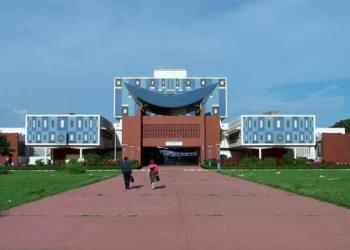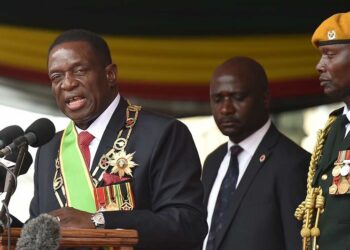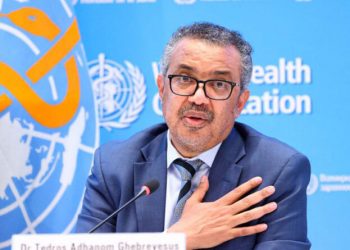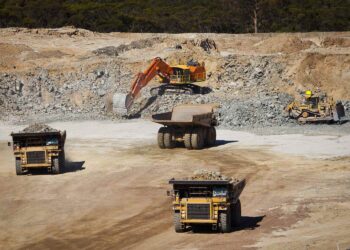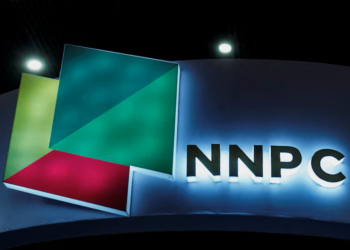Political stability is valued by citizens who are fortunate to live in a country governed with that quality. It is also valued by the business sector of such a country, for upon a foundation of normalized peace, prosperity can take root. International bodies are likewise grateful for politically stable countries that provide a regional shield against neighboring nations in conflict or political turmoil.
A recent report by the Global Peace Index (GPI) by the Institute for Economics and Peace (IEP), an Australian think tank, revealed that Mauritius, Botswana, and Namibia are Africa’s most peaceful nations in 2025.
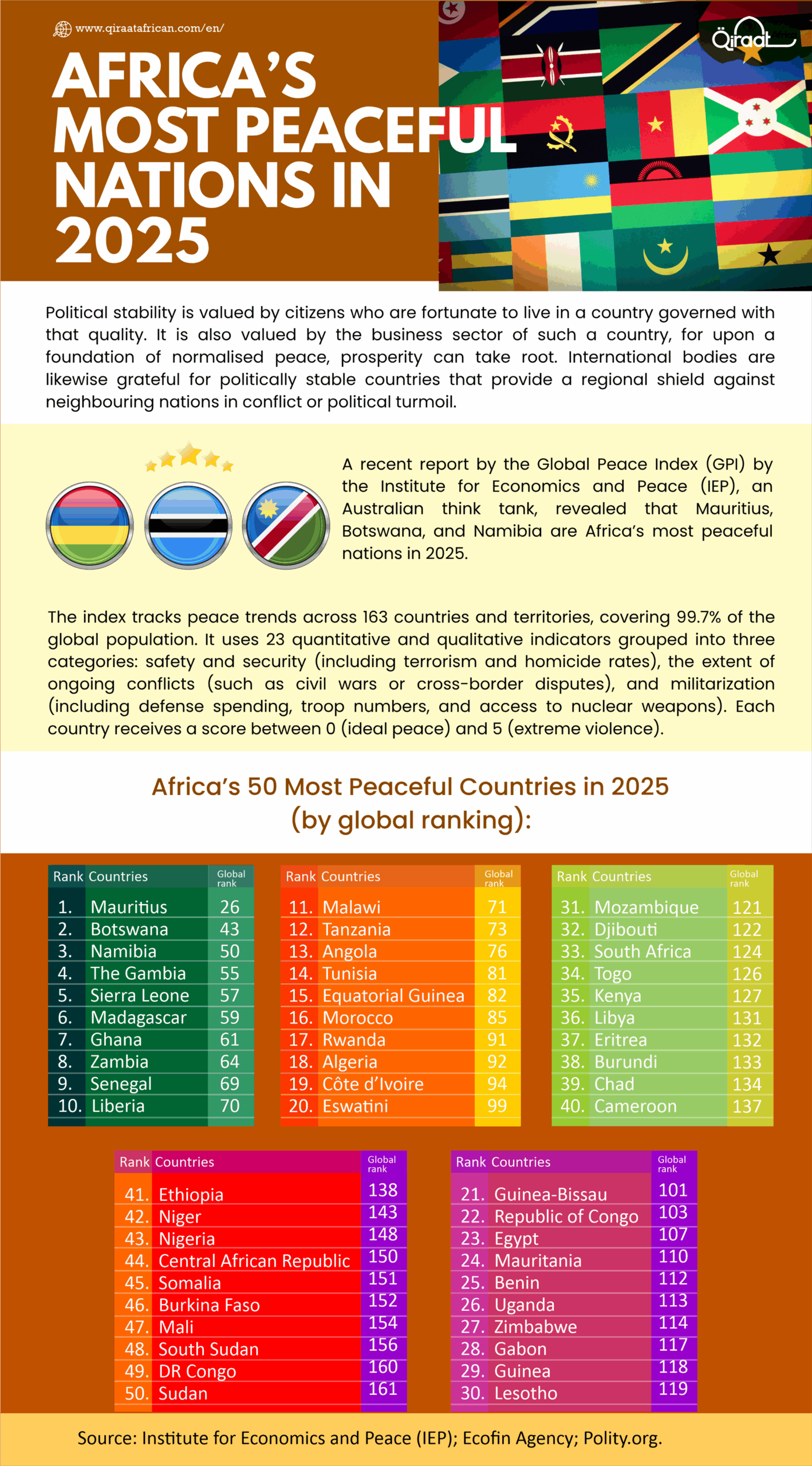
The index tracks peace trends across 163 countries and territories, covering 99.7% of the global population. It uses 23 quantitative and qualitative indicators grouped into three categories: safety and security (including terrorism and homicide rates), the extent of ongoing conflicts (such as civil wars or cross-border disputes), and militarization (including defense spending, troop numbers, and access to nuclear weapons). Each country receives a score between 0 (ideal peace) and 5 (extreme violence).
Africa’s 50 Most Peaceful Countries in 2025 (by global ranking):
- Mauritius (26)
- Botswana (43)
- Namibia (50)
- The Gambia (55)
- Sierra Leone (57)
- Madagascar (59)
- Ghana (61)
- Zambia (64)
- Senegal (69)
- Liberia (70)
- Malawi (71)
- Tanzania (73)
- Angola (76)
- Tunisia (81)
- Equatorial Guinea (82)
- Morocco (85)
- Rwanda (91)
- Algeria (92)
- Côte d’Ivoire (94)
- Eswatini (99)
- Guinea-Bissau (101)
- Republic of Congo (103)
- Egypt (107)
- Mauritania (110)
- Benin (112)
- Uganda (113)
- Zimbabwe (114)
- Gabon (117)
- Guinea (118)
- Lesotho (119)
- Mozambique (121)
- Djibouti (122)
- South Africa (124)
- Togo (126)
- Kenya (127)
- Libya (131)
- Eritrea (132)
- Burundi (133)
- Chad (134)
- Cameroon (137)
- Ethiopia (138)
- Niger (143)
- Nigeria (148)
- Central African Republic (150)
- Somalia (151)
- Burkina Faso (152)
- Mali (154)
- South Sudan (156)
- DR Congo (160)
- Sudan (161).
ــــــــــــــــــ
* Source: Institute for Economics and Peace (IEP); Ecofin Agency; Polity.org.















































